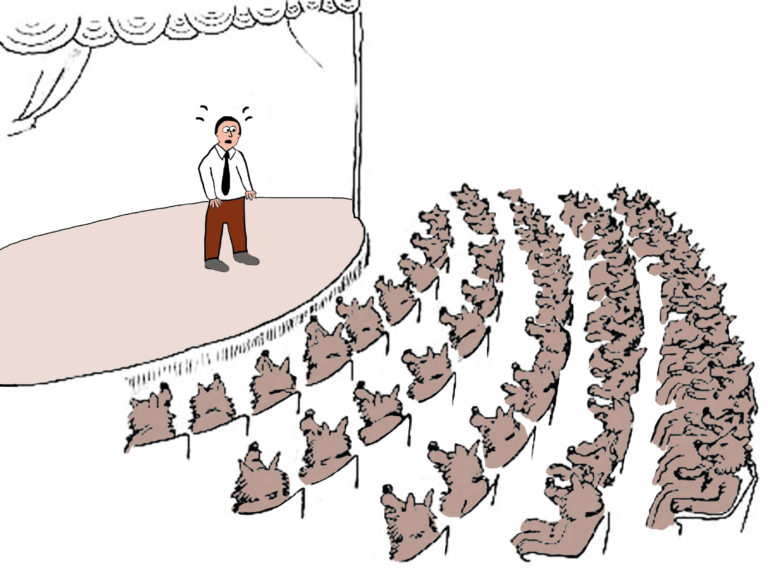
It seems like insect season brings a plague of woes not just to affected horses, but also to their owners and veterinarians. Culicoides hypersensitivity (sweet itch, summer eczema) elicits severe pruritus and skin excoriation in horses that develop an allergy to the gnat’s saliva as the insect feeds on the horse. Owners are frustrated by their horse’s ragged appearance of hair loss and crusting or bleeding wounds; equine vets are frustrated by the inability to resolve the problem in many cases.
Now a therapeutic vaccine, developed in collaboration with researchers at the University of Bern, the University of Zurich, and private company partners, might offer an alternative to help these horses by targeting certain features of a horse’s immune system [Fettelschoss-Gabriel, A.; Fettelschoss, V.; Thoms, F.; et al. Treating insect bite hypersensitivity in horses with active vaccination against IL-5. J Allergy Clin Immunol. Oct 2018, vol. 142, no. 4; pp. 1194-1205].
The researchers found that the severity of the allergic response correlates with the eosinophil count in the blood. Eosinophils are known for their role in eliciting allergic reactions. One component of the vaccine activates the immune system through a virus-like nanoparticle, while the other component targets interleukin-5 (IL-5), a cytokine that attracts eosinophils and regulates their action. The result of the vaccine is that the horses develop specific autoantibodies that neutralize IL-5 and thereby “limit eosinophil development, survival and activation.” Blockage of IL-5 by the vaccine reduces eosinophil numbers in the skin; this lessens an allergic response to reduce skin damage.
The double-blind study led by Antonio Fettelschoss-Gabriel, PhD, involved 34 Icelandic horses, of which 19 were vaccinated and 15 controls received only a placebo. Nearly half of the vaccinated horses experienced 50% improvement in clinical signs of itching and scabs compared to clinical improvement in only 13% of unvaccinated horses. Twenty-one percent of vaccinated horses improved by 75%. No safety issues were identified, including no known effects on burdens of internal parasites of the horses in this study. The vaccine needs an annual booster in advance of insect season to maintain optimal anti-IL-5 effects.








